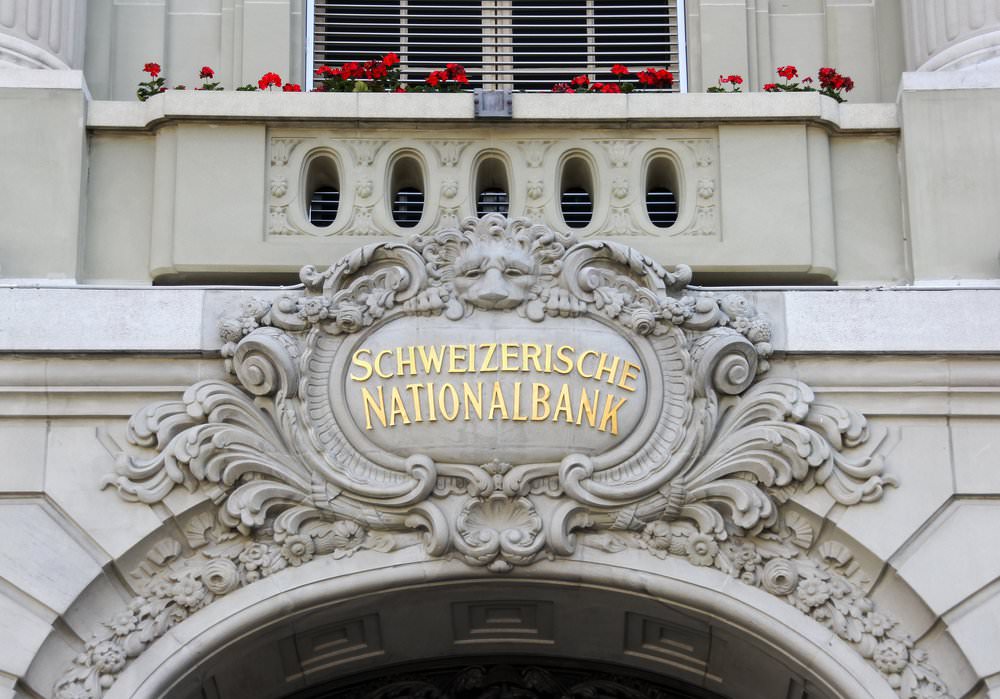
A member of the Swiss National Bank’s governing body said Thursday that central bank digital currencies (CBDC), if created, would pose risks to financial stability while offering few tangible benefits.
Andrea Maechler, a member of the central bank’s three-person Governing Board, told an audience in Zurich that distributed ledger technology (DLT) – which she equated with blockchain technology – has the potential to reduce costs, improve efficiency and add transparency to securities settlement and cross-border payments.
She warned, however, that DLT “does not yet meet the requirements expected of the RTGS [real-time gross settlement] systems in terms of scalability, data security and reliability.” The speech was delivered in German, though the SNB released an official translation that contained her remarks.
And while she struck a critical tone on the topic of cryptocurrencies – remarking that they are “not comparable with money – far from it,” Maechler’s most pointed remarks were reserved for CBDC, a concept being researched by a range of central banks worldwide.
“The SNB opposes this idea,” she said bluntly, going on to argue:
“Digital central bank money for the general public is not necessary to ensure an efficient system for cashless retail payments. It would deliver scarcely any advantages, but would give rise to incalculable risks with regard to financial stability.”
Other sources in the central banking world have struck similar tones in recent months. In March, the Bank of International Settlements (BIS) – considered the “central banks’ central bank” – warned that CBDCs could actually accelerate bank runs during times of financial stress.
SNB emblem image via Shutterstock
The leader in blockchain news, CoinDesk is a media outlet that strives for the highest journalistic standards and abides by a strict set of editorial policies. CoinDesk is an independent operating subsidiary of Digital Currency Group, which invests in cryptocurrencies and blockchain startups.
